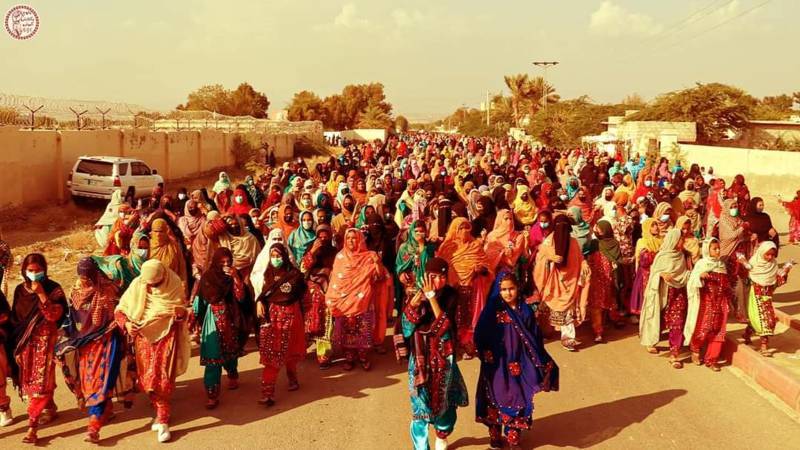
In the heart of Balochistan lies Dera Bugti, brimming with natural riches yet haunted by a grim paradox. Beneath its soil, gas reserves worth billions are extracted monthly—Rs 470 billion in 2004 alone, with 34 new wells recently discovered in Uch—making it one of the world’s most resource-laden regions. Above ground, however, a darker reality unfolds: women here die silently, forgotten in the shadows of systemic neglect.
Dera Bugti’s political elite have long occupied corridors of power. Past Bugti Chiefs were in charge, and now, local leaders like the current Chief Minister of Balochistan, Mir Sarfraz Ahmed Bugti, and Federal Petroleum Secretary Mian Khan Bugti, both hail from this region. Yet, their influence has failed to translate into basic healthcare for their constituents. Despite Rs 350 million approved for a maternal health centre during Mir Ahmadan Bugti’s tenure, not a single brick was laid. The funds vanished, and with them, the hopes of countless women. Today, Dera Bugti lacks even one functional maternal and child health center. The result? Two to three women and new-borns perish monthly during childbirth. In 2024 alone, 30 mothers have died—a statistic that shames a nation. And even after having 63,000 votes, which is more than men’s votes in the constituency, the plight of women remains unaddressed.
This is not just a “Balochistan issue”—it is a national disgrace. How can a region generating billions lack a single maternity ward?
For Bugti women, existence is a battle against both societal norms and institutional apathy. In the tribal hierarchy, they are deemed half-human: confined to homes, denied education, and married as children between the ages of 14 to 16. These girls, physically underdeveloped, endure repeated pregnancies. By their mid-20s, many are frail, their bodies broken by six or seven childbirths. When labour arrives, there are no doctors, no sterile rooms—just pain, fear, and despair. “My sister died bleeding on a mud floor,” shares Abdullah Bugti, a local resident, his voice trembling. “We carried her body on a charpoy; her child died hours later.” Such stories are routine.
The state’s failure is staggering. Doctors assigned to the region rarely report for duty. Health infrastructure remains a mirage, even as gas revenues line national coffers. Last year, over 30 women succumbed during childbirth. This month, four more joined that toll. Meanwhile, Dera Bugti’s wealth fuels industries and cities far from its barren landscapes.
In tribal society, women’s rights are taboo. Their births go uncelebrated; their deaths unmourned. A woman’s life is measured by her utility as a wife and mother. Human dignity is stripped away, replaced by a cultural code that normalises suffering. This is not just a “Balochistan issue”—it is a national disgrace. How can a region generating billions lack a single maternity ward? How can leaders, enriched by its resources, turn blind eyes to its dying women?
Human rights organisations and the government must act: build maternal health centres immediately, with transparency in funding; enforce accountability for misused funds; challenge tribal norms through education and awareness; and ensure doctors are present and functional facilities operational. Dera Bugti’s women deserve more than to be statistics in a silent bloodletting. They deserve to live.

